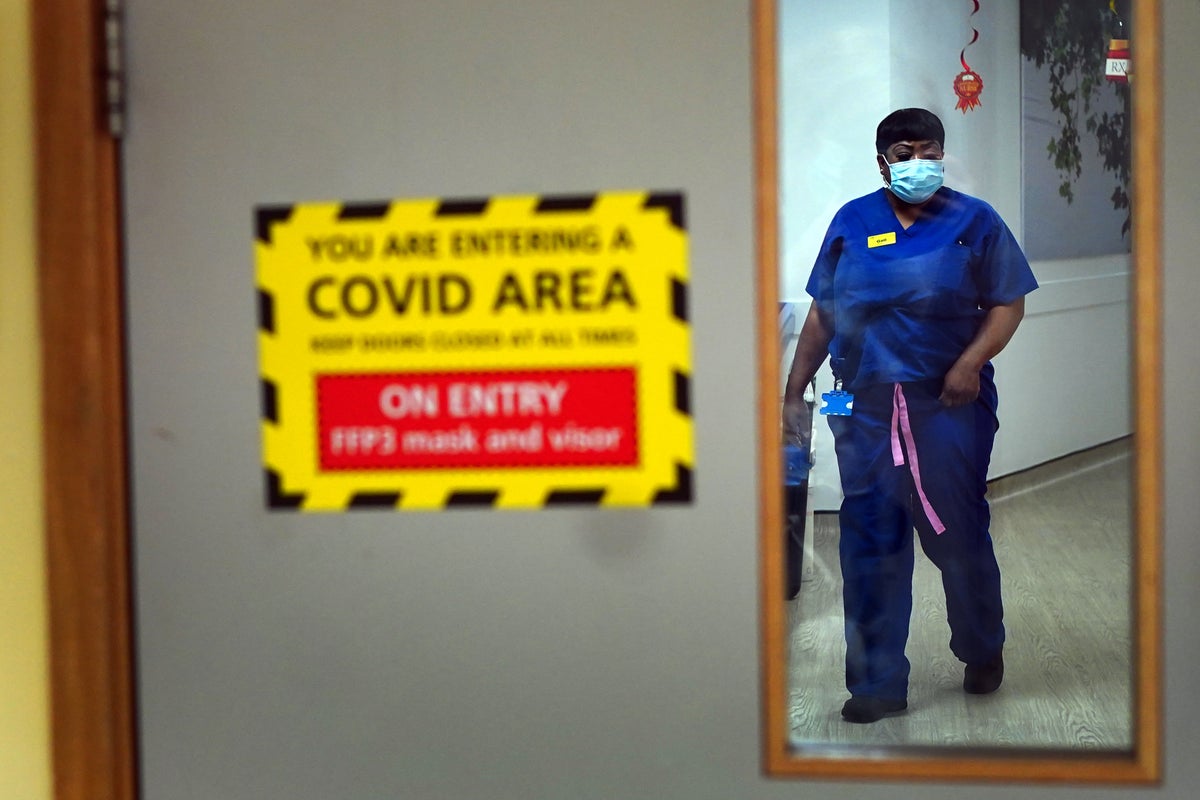
A devastating flu season is expected this winter, and it could combine with rising numbers of Covid cases to create a dangerous “twindemic” scenario, experts fear.
There are concerns it could overload the NHS, which is in crisis trying to cope with record backlogs and waiting times.
Figures from the southern hemisphere, which usually foretell what will happen in the UK, indicate a flu surge two months earlier than normal, driven by under-30s.
It suggests a spike in flu hospital admissions in Britain could begin in October, including many children. One estimate is the flu season could be twice as large as normal.
In addition, Covid infections could increase in the coming weeks as respiratory infections rise, the UK Health Security Agency has warned.
Dr Jamie Lopez Bernal, consultant epidemiologist for immunisation and countermeasures at the UKHSA, said: “With respiratory viruses increasing in circulation in the winter months, we can expect to see growing cases of Covid-19 in the coming weeks.
“We urge all who are contacted to come forward and accept their booster when called for their jab. The NHS booking system is now open for immunosuppressed people and those aged over 75.
Sir Peter Horby, professor of emerging infectious diseases at Oxford University, told the Daily Mirror: “It could come earlier and bigger – then you have a ‘twindemic’ with Covid-19, and that could put real pressure on the NHS.”
In a typical season there are between 15,000 and 30,000 flu hospitalisations.
Dr Simon Clarke, associate professor in cellular microbiology at Reading University, said: “We’ve never had a [flu and Covid] dual outbreak, so I’m concerned this UK season could be particularly bad. Catching flu and Covid together is particularly dangerous.
“We have the NHS under huge pressure as it catches up [from the pandemic], so you have a problem there.
There are fears that Covid cases are already increasing in parts of the UK as Scotland has recorded spikes in infections according to the latest figures.
In Scotland, 113,500 people were likely to have tested positive for Covid in the latest week, or one in 45 – up from 104,400, or one in 50, according to the Office for National Statistics (ONS). Meanwhile, trends in both Wales and Northern Ireland were described by the ONS as “uncertain”.
The ONS estimated there were 881,200 people with coronavirus in private households across the UK in the week ending 5 September. That is down from 944,700 the week before, and the lowest total since the seven days to 25 September last year.
Dr Clarke added: “I think we should take this as a warning that infection numbers are likely to start increasing soon, where they haven’t already done so. Exactly what impact that’ll have on hospitals we can’t be certain of, because we don’t yet have a great feel for what society’s level of protection against severe disease will be.
“This could be made worse of course by coupling it with seasonal flu, which is something we’ve not yet experienced properly.”







